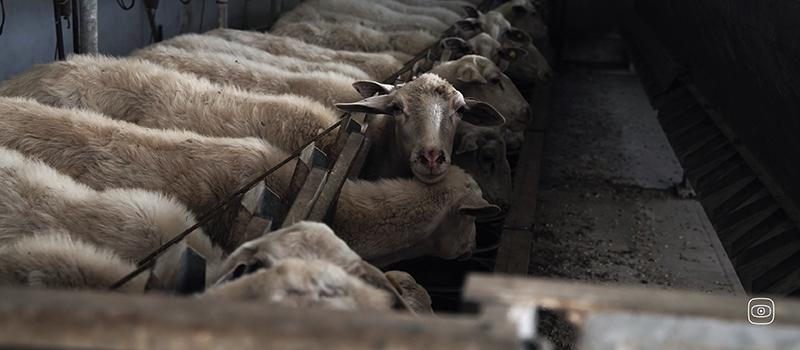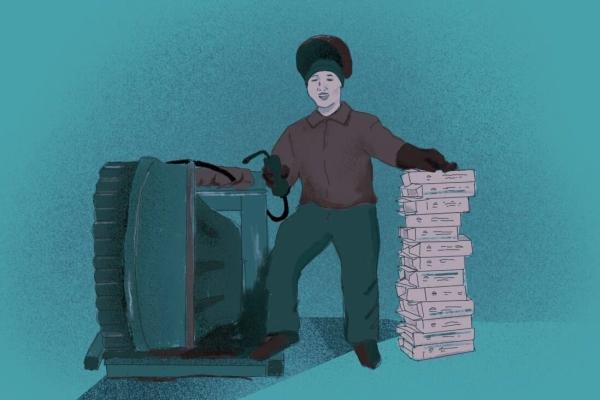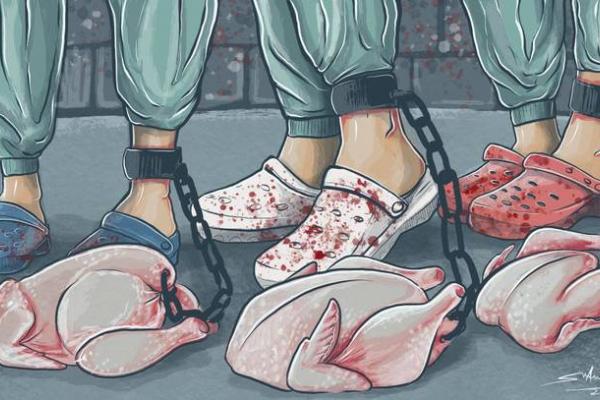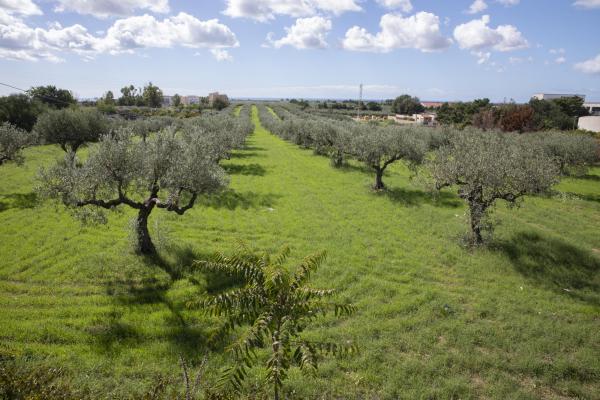It highlights grueling working hours, inhumane living conditions, and absence of legal protections. Focused on firsthand testimonies and court rulings from mid-2025, the reporting relied on extensive interviews with victims, legal experts, and aid organisations. Fieldwork revealed isolated, surveilled farms where workers endure non-stop labour without adequate pay or contracts. Challenges included accessing vulnerable individuals who often lack communication means and fear retaliation.
In Spain, while cases of exploitation were also identified, the investigation primarily focused on positive examples of fair labour practices and offering replicable models for more ethical agricultural systems. Analysis contextualises this exploitation within the broader economic pressures on pastoral agriculture and the ineffectiveness of EU Common Agricultural Policy social conditionality in protecting workers. The investigation sheds light on a widespread but underreported problem, combining narrative accounts with legal documentation and policy critique.
Key findings
- Migrant workers are subjected to 14-15 hour days, seven days a week, with wages far below legal minimums.
- Workers live in degrading, sometimes unsafe conditions, including housing without basic facilities.
- Employers enforce strict surveillance and control, including deleting contacts and threats of violence.
- The pastoral sector’s economic model creates contradictory demands making fair remuneration nearly impossible for small farms.
- EU agricultural subsidies (PAC) are not effectively linked to labour rights enforcement in Italy despite ‘social conditionality’ implementation
- Union mediation provides some redress but many victims never report exploitation due to precarious legal status.
- The rise of third-party projects like Elen Joy is crucial in identifying and supporting exploited pastoral workers.
- In Spain, due to the drop in energy and feed prices and the slight increase in milk and meat prices, we have detected that livestock farmers can offer better working conditions than a few years ago, and a generational shift is beginning to emerge, with migrants and women starting to enter the sector.
- In Spain, in addition to labor informality, we have also detected good practices whereby providing good hiring conditions for migrants has allowed them to reunite their families in remote locations such as Teruel, Guadalajara, and Cuenca, and has prevented them from having to close public services such as schools and health centers due to population shortages.
- In Spain, we have also identified shepherding schools that train migrant shepherds and help them integrate into the sector with decent employment contracts.
- In Spain, we have also detected that many livestock farmers, especially in remote areas with little generational shift, offer good working conditions and even housing options.
- In Spain's case, the CAP also marginalizes extensive livestock farming, and more specifically, grazing. There are obstacles to accessing these subsidies, such as grazing rights, among other barriers that, if addressed in the following CAP review, could help promote decent jobs in the sector.
Illustration by Arianna Egle Ventre





